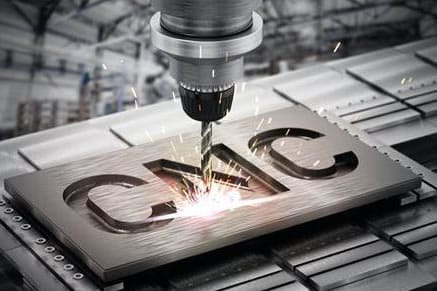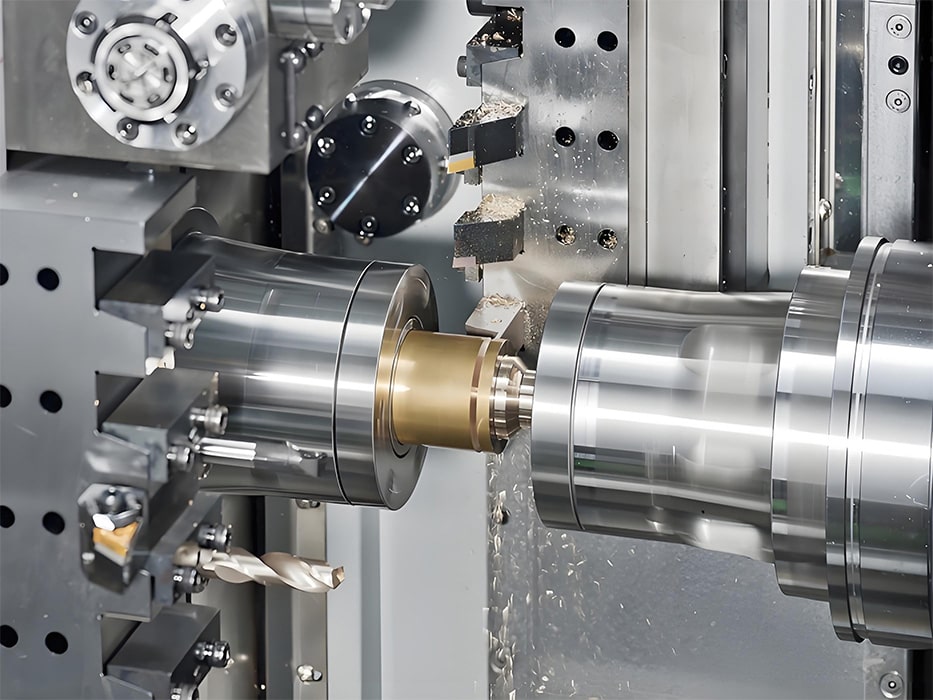CNC Machining: Precision Manufacturing for the Trendy Era
CNC Machining: Precision Manufacturing for the Trendy Era
Blog Article
CNC cutting and milling has transformed manufacturing by providing a precise and efficient process for making components and parts across a wide array of industries. This cutting-edge technology utilizes computers to control machinery that performs cutting drill, milling and many other actions on substances like metals, plastics, and wood. The degree of precision gained by CNC machine is unrivalled and allows for intricate design to be completed with incredible precision. Through replacing manual input with automated processes, CNC machines have significantly reduced the possibility of human error and increased the speed of production. The combination of precision with effectiveness has led to CNC machine machining an integral component of the modern manufacturing process.
One of the most significant advantages of CNC machining is its ability to design highly detailed and intricate components that are nearly impossible to produce using traditional manufacturing techniques. CNC machines operate based upon digital design, which means that once the design of a piece is programmed in the machine, it can be reproduced accurately and consistently. This is especially beneficial in areas like automotive, aerospace, or electronics, where precision is essential. Moreover, CNC machining is capable of working with a wide assortment of different types of material, ranging starting from soft plastics, to metals, enabling manufacturers to make parts that are able to meet certain specifications for durability, strength and heat resistance. The versatility of CNC processing has led to the possibility of new product designs as well as engineering.
Efficiency is another major benefit of CNC machine. Once the design is integrated into the machine, it runs automatically, performing multiple operations without constant humans to be involved. Automation results in faster manufacturing times as well as greater accuracy in the product quality. Additionally, CNC machines can operate constantly, which means manufacturers can produce parts around continuously, making production more efficient. In contrast to traditional methods of machining, which require skilled machinists to manually control the tools, CNC machining offers a significant reduction in labor costs and the potential for errors made by human beings, making it a viable option for massive production.
CNC machining also offers excellent repeatability, ensuring that each product is exactly as the original design. This is particularly important for industries that need huge quantities of standard parts, such as automotive and consumer electronics. Since CNC machines adhere to programmed procedures, they can make hundreds or thousands of parts with very few variations in quality. This ensures the reliability of the final product, but also helps reduce the amount of waste produced, since fewer components get rejected because of defects. Furthermore, because the designs created by CNC manufacturing can be easily adjusted or changed, producers can quickly adapt to any changes in specifications or demands of customers without having to invest in costly Retooling or recalibration of the machine. To gather supplementary information kindly check out Premiumparts
One of the challenges associated with CNC cutting is the cost of initial setup. Making investments in CNC machinery as well as the software needed to run it could be costly, especially for smaller businesses. But the benefits over time of CNC processing, including lower cost of labor, improved production efficiency and better production quality often outweigh any cost of the initial investment. Furthermore, many businesses offer CNC machining solutions to enterprises which may not be able to purchase their own machinery, allowing small-scale manufacturers to make use of this technological advancements without the expense of upfront. Since the need for CNC machining continues to grow and the price of machines and software is expected to fall, making it accessible to a wider range of businesses.
To sum up, CNC machineries have become an indispensable technology in modern manufacturing because of its accuracy effectiveness, speed, and adaptability. It has changed the way manufacturing of parts, making it possible for the creation of complex models with high levels of precision while also reducing costs and production times. While it's a large investment at first and the potential benefits in the future, CNC machining make it a valuable tool for businesses across various industries. As technology advances, CNC machining is likely to play a much more important role in shaping the manufacturing future, driving forward innovation and helping firms adapt to the requirements of an ever-changing global marketplace.